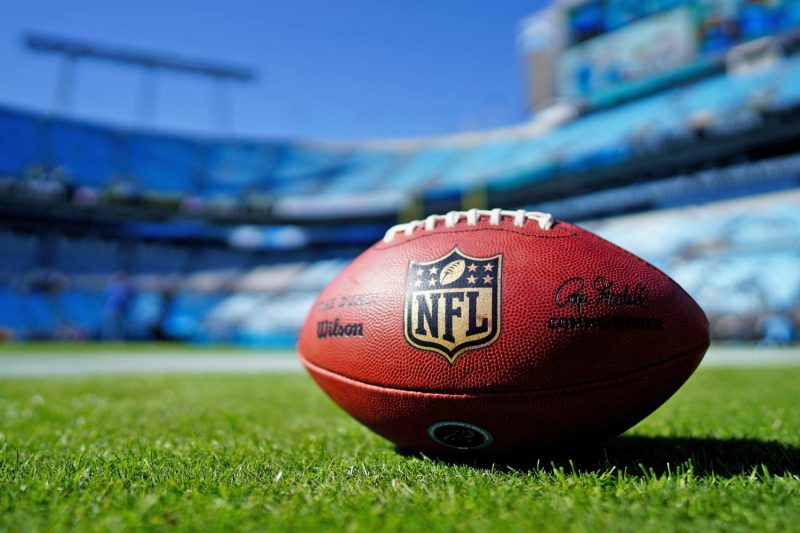The National Football League (NFL) has taken a significant step by approving private equity investment into team ownership. This decision marks a strategic evolution in the financial landscape of professional sports, as traditionally NFL team ownership has been largely comprised of wealthy individuals and families. The move to allow private equity firms to invest in NFL franchises underscores the league’s recognition of the potential benefits such investments could bring to both individual teams and the league as a whole.
Private equity investment in NFL teams presents a range of opportunities and challenges. On one hand, bringing in external investors with deep pockets could inject much-needed capital into teams, allowing for strategic expansion, investment in player development, and the enhancement of overall team operations. This influx of funds could also drive innovation and competitiveness within the league, potentially raising the standard of performance and entertainment for fans.
Moreover, private equity firms often come with a wealth of business expertise and resources that can be leveraged to support the growth and sustainability of NFL teams. By tapping into the professional networks and industry knowledge of these firms, team owners may uncover new revenue streams, sponsorships, and partnerships that can further boost their franchises’ success both on and off the field.
However, the integration of private equity investors into the NFL ownership structure is not without its concerns. One of the primary worries is the potential dilution of the traditional ownership model, where individuals or families have long held controlling interests in teams. Private equity firms are profit-driven entities, and their primary goal is generating returns on their investments. This could lead to conflicts of interest with the long-term priorities and values of the team and its fan base.
Furthermore, the involvement of private equity in team ownership raises questions about transparency and accountability. Given the opaque nature of private equity operations, there may be challenges in understanding the decision-making processes and financial strategies that impact NFL teams. This lack of transparency could foster distrust among fans and stakeholders, undermining the integrity of the sport and its governance.
In conclusion, the NFL’s decision to permit private equity investment in team ownership marks a significant departure from tradition and opens up a new chapter in the league’s financial landscape. While this move presents opportunities for growth and innovation, it also raises important considerations regarding ownership structure, governance, and transparency. As the NFL navigates this uncharted territory, it will be crucial for all stakeholders to work together to ensure that the interests of the teams, the league, and the fans remain at the forefront of this evolving financial landscape.




























